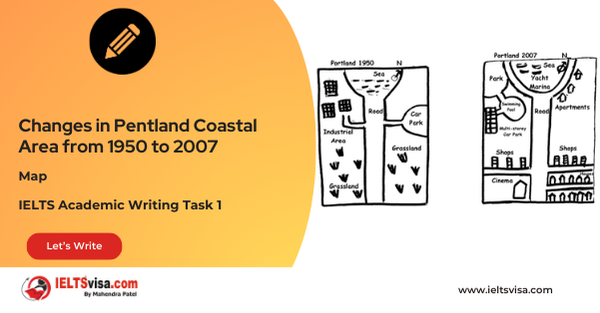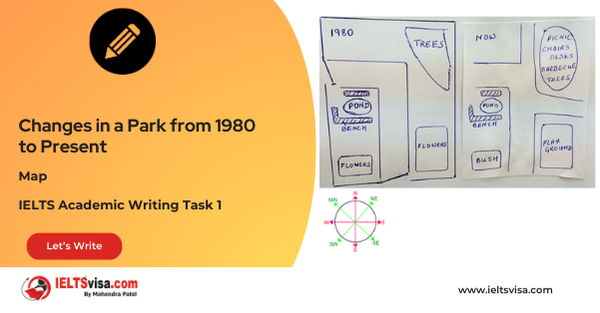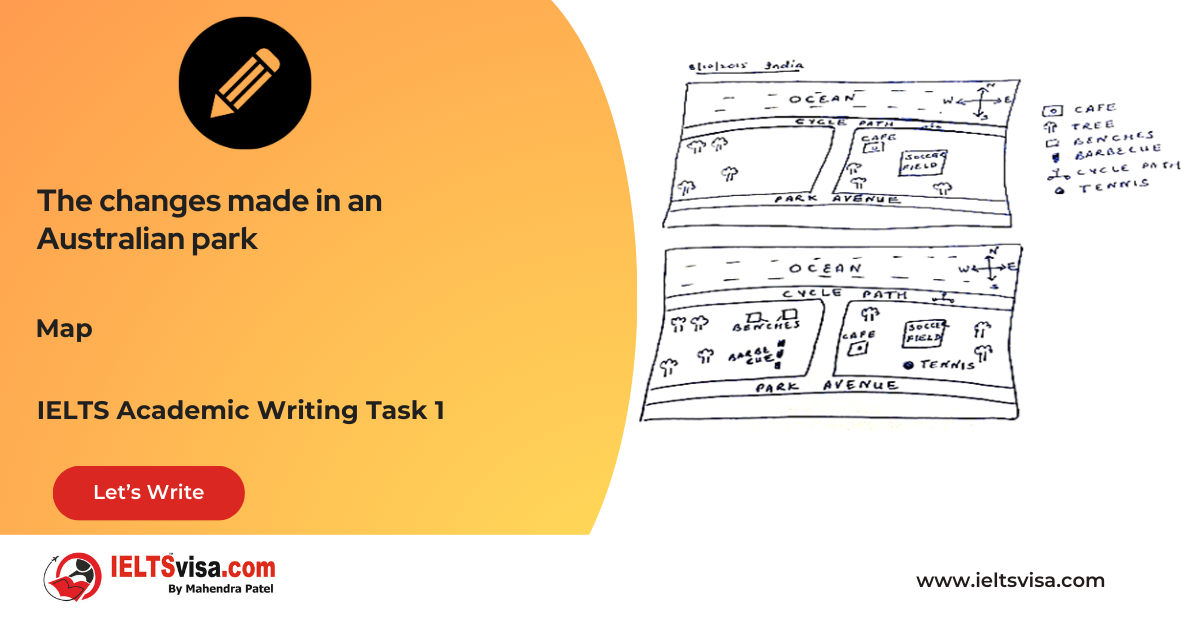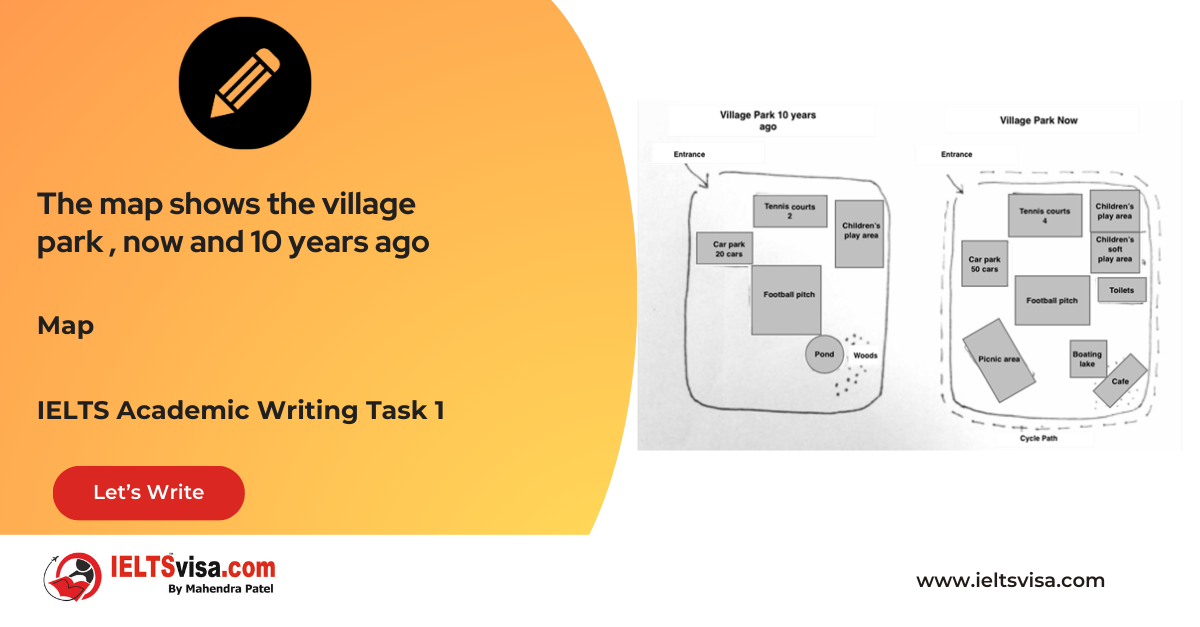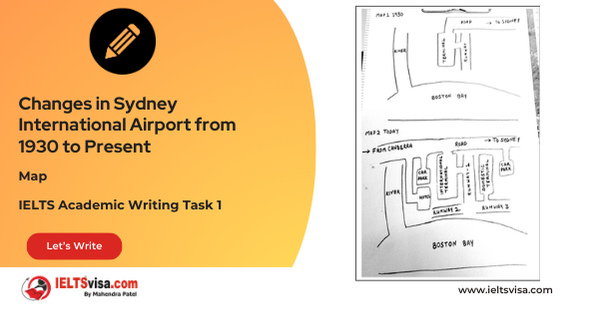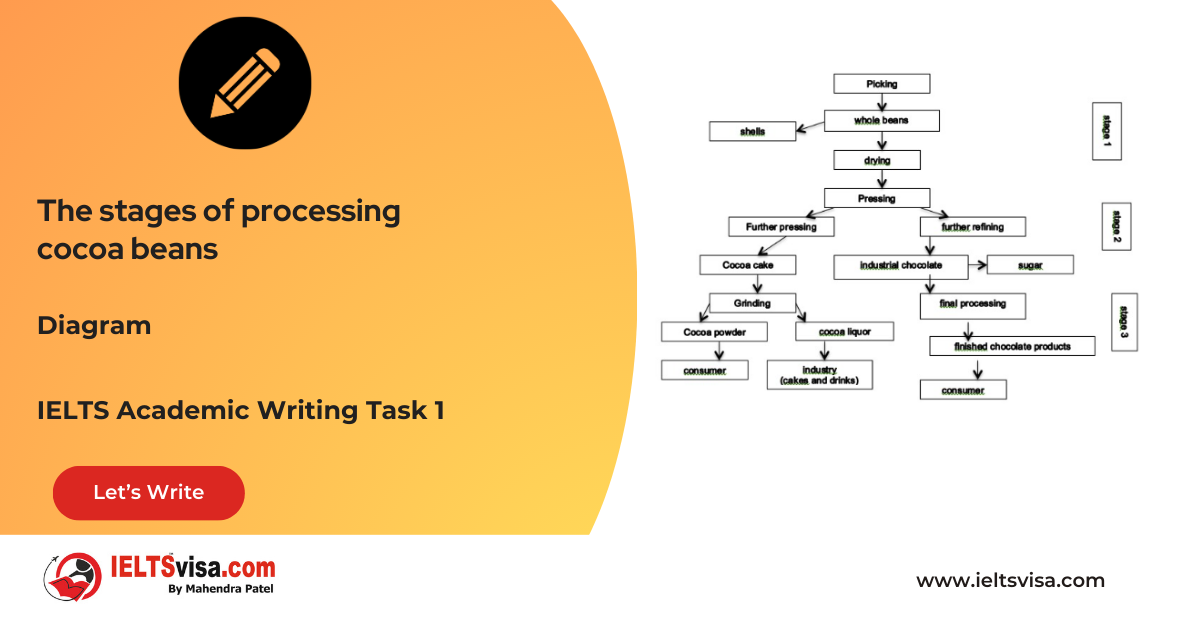Spending on Research into Renewable Energy Sources by Four Countries (1975–2000)
IELTS Academic Writing Task 1 - Line Graph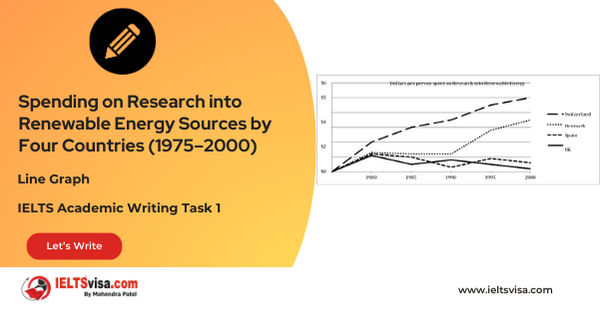
IELTS Writing Task 1 Question
The graph below shows the spending on research into renewable sources of energy in four countries between 1975 and 2000. Summarise the information by selecting and reporting the main features and make comparisons where relevant.

Common Questions for the Line Graph
1. Graph Type: Line Graph
2. Title: Spending on Research into Renewable Energy Sources by Four Countries (1975–2000)
3. What are the units of measurement?: Dollars per person
4. Who: Four countries (Switzerland, UK, Spain, Denmark)
5. When: 1975 to 2000
6. Where: Switzerland, UK, Spain, and Denmark
7. Topic: Trends in spending on renewable energy research
Comparison Showing and Trends Any change over time (such as an increase or a decrease) is a trend.
Comparison 1: Switzerland (Highest Spending)
- Details:
1. Began at $0 in 1975 and rose steadily to $5 per person by 2000.
2. Consistently spent the most on renewable energy research.
Comparison 2: UK (Lowest Spending)
-
Details:
1. Spending started low and decreased further, reaching $0.2 per person by 2000.
2. Was the least spender throughout the period, except briefly in 1990 when Spain spent less.
Comparison 3: Denmark and Spain (Moderate Spending)
- Details:
1. Denmark started at $1.2 per person in 1980, remained steady until 1990, then increased sharply to $3.5 by 2000.
2. Spain’s spending fluctuated around $1 throughout the period, slightly more than the UK in most years.
Sample Answer
The line graph illustrates the spending per person on renewable energy research by four countries—Switzerland, the UK, Spain, and Denmark—between 1975 and 2000.
Overall, Switzerland consistently spent the most on renewable energy research, while the UK spent the least, except for a brief period in 1990.
In 1975, Switzerland’s spending was negligible but increased steadily to $5 per person by 2000. This was the highest amount among all four countries. In contrast, the UK’s spending remained the lowest, starting modestly and declining further to $0.2 per person in 2000.
Denmark maintained steady spending of $1.2 per person from 1980 to 1990, after which it climbed steeply, reaching $3.5 per person by 2000. Spain’s spending fluctuated around $1 throughout the period, placing it slightly above the UK in most years, except in 1990 when it briefly recorded the lowest spending.
Top 26 Vocabularies
| Vocabulary | Type | Meaning | Synonyms | Examples |
| Renewable | Adjective | Capable of being replenished naturally | Sustainable, Reusable | Research focused on renewable energy sources. |
| Expenditure | Noun | The amount of money spent | Spending, Outlay | Switzerland had the highest expenditure on research. |
| Fluctuate | Verb | To rise and fall irregularly | Vary, Oscillate | Spain’s spending fluctuated around $1 per person. |
| Steady | Adjective | Constant or unchanging over time | Stable, Fixed | Denmark’s spending remained steady from 1980 to 1990. |
| Escalate | Verb | To increase rapidly | Climb, Rise | Denmark’s spending escalated sharply after 1990. |
| Illustrates | Verb | To explain or make clear through examples or visuals | Depicts, Shows | “The line graph illustrates the spending on renewable energy research by different countries.” |
| Spending | Noun | The total amount of money used for a particular purpose | Expenditure, Outlay | “Switzerland had the highest spending on renewable energy research.” |
| Negligible | Adjective | So small or unimportant as to be not worth considering | Insignificant, Minimal | “Switzerland’s spending was negligible in 1975.” |
| Modestly | Adverb | To a small or moderate degree | Slightly, Humbly | “The UK’s spending started modestly in 1975.” |
| Climbed | Verb | To increase gradually and steadily | Increased, Rose | “Denmark’s spending climbed steeply after 1990.” |
| Briefly | Adverb | For a short period of time | Temporarily, Momentarily | “Spain briefly recorded the lowest spending in 1990.” |
| Consistently | Adverb | In a way that does not change or vary over time | Steadily, Regularly | “Switzerland consistently spent the most on renewable energy research.” |
| Declined | Verb | To decrease or become smaller over time | Reduced, Dropped | “The UK’s spending declined further to $0.2 per person by 2000.” |
| Maintained | Verb | To keep something at a particular level or state | Sustained, Kept | “Denmark maintained steady spending from 1980 to 1990.” |
| Recorded | Verb | To officially document or note something | Logged, Noted | “Spain recorded the lowest spending in 1990.” |
| Period | Noun | A duration of time during which something happens | Span, Interval | “The data covers the period from 1975 to 2000.” |
| Highest | Adjective | At the greatest level or amount | Maximum, Top | “Switzerland had the highest amount of spending on renewable energy research.” |
| Lowest | Adjective | At the smallest level or amount | Minimum, Bottom | “The UK had the lowest spending on renewable energy research in 2000.” |
| Fluctuated | Verb | To change frequently in amount or level | Vary, Oscillate | “Spain’s spending fluctuated around $1 throughout the period.” |
| Steadily | Adverb | In a firm or continuous manner without changing | Consistently, Regularly | “Denmark’s spending rose steadily from 1990 to 2000.” |
| Except | Preposition | Not including or leaving out | Excluding, Besides | “Spain’s spending was higher than the UK’s except in 1990.” |
| Surpassed | Verb | To exceed or go beyond a certain limit or level | Outpaced, Overtook | “Switzerland surpassed all other countries in renewable energy research spending.” |
| Steeply | Adverb | In a sharp or significant manner | Sharply, Drastically | “Denmark’s spending escalated steeply after 1990.” |
| Periodically | Adverb | Occurring at regular intervals over time | Occasionally, Intermittently | “The spending patterns changed periodically across the years.” |
| Dramatically | Adverb | In a way that is strikingly noticeable or extreme | Significantly, Noticeably | “Denmark’s spending increased dramatically after 1990.” |
| Above | Preposition | Higher in amount, position, or status than something else | Over, Greater than | “Spain’s spending was above the UK’s for most of the period.” |

Our Books
Master IELTS Speaking Part 1
IELTS Writing Task 1 Book
IELTS Writing Task 2 Book
Practice IELTS Other Modules
IELTS Listening
The IELTS Listening test assesses how well you can understand spoken English in various contexts. It lasts about 30 minutes and is divided into four sections with a total of 40 questions. The listening tasks become increasingly difficult as the test progresses.
IELTS Academic Reading
The IELTS Academic Reading section assesses your ability to understand and interpret a variety of texts in academic settings. It is designed to evaluate a range of reading skills, including skimming for gist, reading for main ideas, reading for detail, understanding inferences, and recognizing a writer's opinions and arguments.
IELTS Speaking
The IELTS Speaking test assesses your ability to communicate in English on everyday topics. It lasts 11-14 minutes and consists of three parts: introduction, cue card, and a discussion based on the cue card topic.
IELTS General Reading
IELTS General Reading tests your ability to understand and interpret various types of texts. Here are some key areas and types of content you can expect to encounter in the reading section, along with tips for effective preparation.
IELTS Academic Writing Task 1
In IELTS Academic Writing Task 1, you are presented with a visual representation of information, such as graphs, charts, tables, or diagrams, and you are required to summarize, compare, or explain the data in your own words.
IELTS General Writing Task 1
In IELTS General Writing Task 1, you are required to write a letter based on a given situation. The letter can be formal, semi-formal, or informal, depending on the prompt. Here’s a breakdown of the key components to include in your letter
IELTS Academic Writing Task 2
In IELTS Academic Writing Task 2, you are required to write an essay in response to a question or topic. Here’s a guide to help you understand the essential elements of this task
IELTS Exam Tips
To succeed in the IELTS exam, practice regularly, familiarize yourself with the test format, improve your vocabulary, develop time management skills, and take mock tests to build confidence.
Grammer for IELTS
Grammar is the foundation of effective communication in English. Understanding tense usage, subject-verb agreement, and sentence structure enhances clarity and coherence in writing and speaking.
Vocabulary for IELTS
Vocabulary plays a crucial role in the IELTS (International English Language Testing System) exam, especially in the Speaking and Writing sections. Here’s an overview of why vocabulary is important and how it impacts your performance
RECENT IELTS SAMPLES QUESTIONS AND ANSWERS
Task 1 – Map -Changes in Pentland Coastal Area from 1950 to 2007
[df_adh_heading title_infix="IELTS Writing Task 1 Question" use_divider="on"...
Task 1 – Map -Changes in a Park from 1980 to Present
[df_adh_heading title_infix="IELTS Writing Task 1 Question" use_divider="on"...
Task 1 – Maps – The changes made in an Australian park
20:00 Start Pause Stop [df_adh_heading title_infix="IELTS Writing Task 1 Question" use_divider="on"...
Task 1 – Maps- The map shows the village park, now and 10 years ago
20:00 Start Pause Stop [df_adh_heading title_infix="IELTS Writing Task 1 Question" use_divider="on"...
Task 1 – Map -Changes in Sydney International Airport from 1930 to Present
[df_adh_heading title_infix="IELTS Writing Task 1 Question" use_divider="on"...
Task 1 – Diagram – The stages of processing cocoa beans
20:00 Start Pause Stop [df_adh_heading title_infix="IELTS Writing Task 1 Question" use_divider="on"...

